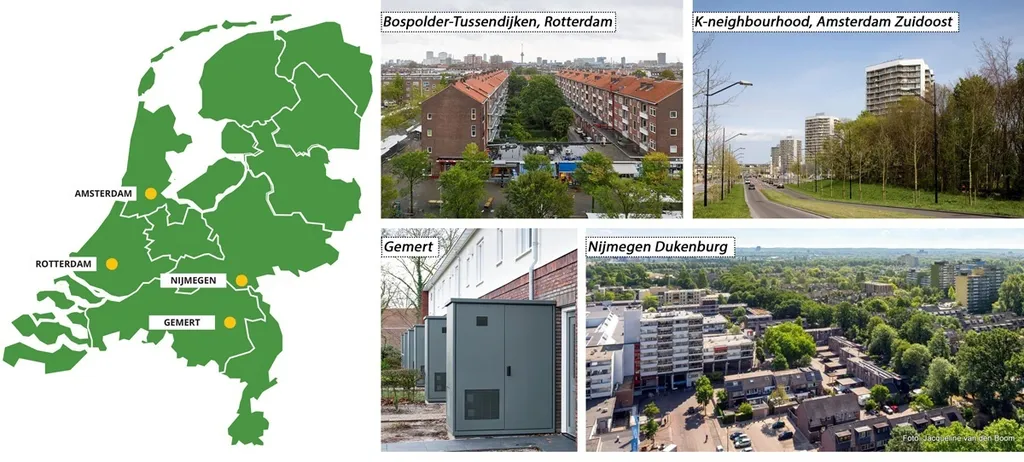In the heart of the Netherlands, a quiet revolution is taking place, one that could reshape how we approach energy-efficient housing renovations and ensure a just transition for all. Diletta Ricci, a researcher from the Department of Management in the Built Environment at Delft University of Technology, is at the forefront of this change, exploring the potential of energy living labs (ELLs) to make housing energy transitions more inclusive and effective.
Ricci’s work, published in the journal ‘Steden en Gebouwen’ (Buildings & Cities), focuses on the initial phases of four Dutch energy living labs implemented in vulnerable neighbourhoods. These labs are not just about retrofitting buildings; they’re about retrofitting communities, ensuring that residents are not left behind in the push towards net-zero energy goals.
The traditional top-down approach to energy renovations often leaves residents feeling disconnected and disempowered. Ricci’s research highlights how ELLs can bridge this gap. “They create multistakeholder relational arenas that stimulate interorganisational learning,” Ricci explains. “Residents gain visibility, and their everyday practices and living environments are taken into account.”
This approach has significant commercial implications for the energy sector. By fostering resident engagement and representation, ELLs can smooth the path for energy-efficient renovations, reducing pushback and increasing acceptance. Moreover, they can help align technical design with lived experiences, leading to more effective and efficient renovations.
The flexibility of ELLs is another key factor. As Ricci notes, “Flexible, locally guided forms of ELLs help address process shortcomings, supporting more socially embedded retrofit and energy transitions.” This adaptability can make ELLs a valuable tool for energy companies operating in diverse neighbourhoods.
The research also underscores the importance of investing in the formative stages of ELLs. By ensuring adequate time and resources for relationship-building, energy companies can strengthen trust and improve access to information, paving the way for successful renovations.
As the world grapples with climate change and the need for energy-efficient housing, Ricci’s work offers a promising path forward. By co-creating justice in housing energy transitions, we can ensure that the shift to net-zero is not just technologically feasible, but socially just and commercially viable.

